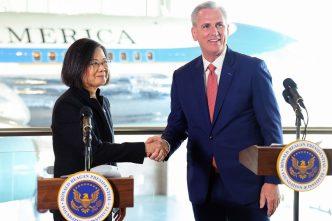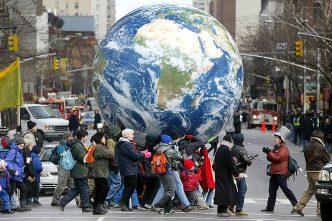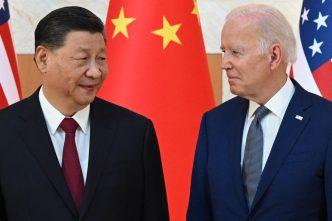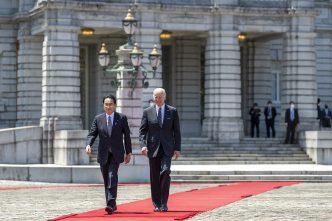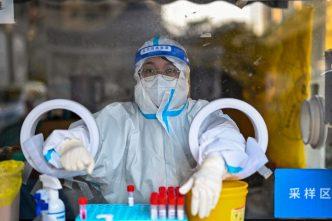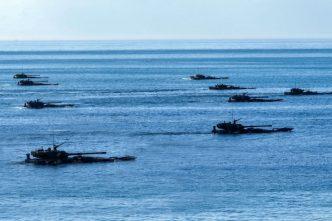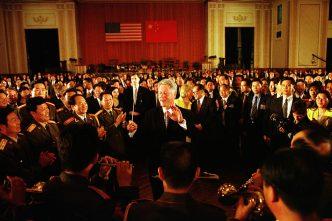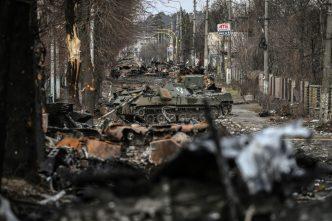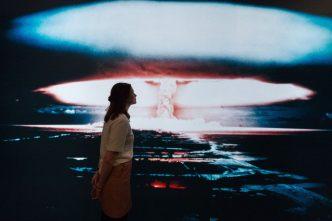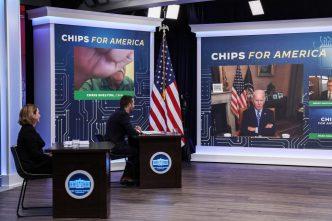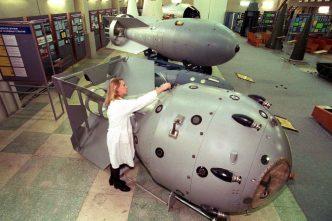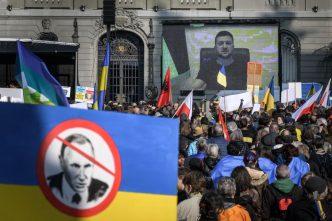We live in a world where geopolitical stability relies largely on deterrence. But how can we prove that deterrence works? Consider the ongoing war in Europe. Beginning in December 2021, US President Joe Biden warned …
Late last year, Morris Chang, the legendary founder of Taiwan’s (and the world’s) leading semiconductor producer, proclaimed: ‘Globalisation is almost dead.’ In a world where supply chains have been disrupted by Covid-19 and the deepening …
When US President Joe Biden and his Chinese counterpart, Xi Jinping, met in Bali last November, they agreed to hold high-level meetings to establish ‘guardrails’ for the Sino-American strategic competition. US Secretary of State Antony …
In December, Japanese Prime Minister Fumio Kishida announced the most ambitious expansion of military power in Japan since the creation of the country’s self-defence forces in 1954. Japanese defence spending will rise to 2% of …
The failure of China’s zero-Covid policy is leading to a reassessment of Chinese power. Until recently, many expected China’s GDP to surpass that of the United States by 2030 or soon thereafter. But now, some …
Could the United States and China go to war over Taiwan? China regards the island 145 kilometres off its coast as a renegade province, and President Xi Jinping raised the issue at the recent 20th …
In its new national security strategy, US President Joe Biden’s administration recognises that Russia and China each present a different kind of challenge. Whereas Russia ‘poses an immediate threat to the free and open international …
Russia’s war in Ukraine is the most disruptive conflict that Europe has seen since 1945. While many in the West see a war of choice by Russian President Vladimir Putin, he says that NATO’s 2008 …
Russia’s invasion of Ukraine and nuclear sabre rattling against the West have revived a debate about nuclear weapons. Last year, when a United Nations treaty to ban such weapons outright entered into force, none of …
At this year’s Aspen Security Forum (which I co-chair) in July, China’s ambassador to the United States, Qin Gang, appealed for better understanding of his country. But there was considerable debate among the assembled experts …
When the Soviet Union collapsed in 1991, Ukraine inherited part of its nuclear arsenal. But in the 1994 Budapest memorandum, Ukraine agreed to return these weapons to Russia in exchange for ‘assurances’ from Russia, the …
When Russian President Vladimir Putin ordered his invasion of Ukraine on 24 February, he envisaged a quick seizure of Kyiv and a change of government analogous to Soviet interventions in Budapest in 1956 and Prague …
